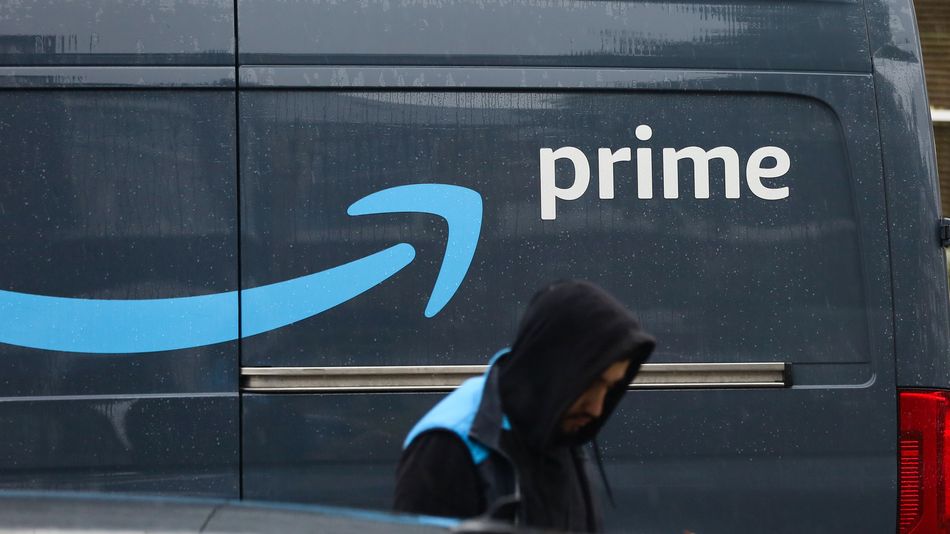Technology
I quit Amazon Prime a year ago. I don’t miss it.


In May of last year, I canceled my Amazon Prime membership.
The pandemic had just devastated New York City. Some Amazon warehouse workers protested their working conditions, demanding hazard pay and adequate sick leave. Two Amazon engineers spoke up in solidarity — and were fired.
Enough was enough. And so, after being a Prime member since 2014, I quit.
One year later, I don’t miss any of it.
Do I still buy shit I don’t need on other websites? Sadly, yes. But let me tell you, that $119 Prime membership fee is an anchor. Once you fork that over, any product that doesn’t include “free” Prime shipping seems like a waste of money.
I put “free” in quotation marks for a reason. Last week, the attorney general for Washington, D.C., filed a lawsuit. It claims Amazon punishes merchants who sell products for less elsewhere on the internet, including on their own websites. How? By limiting their visibility on Amazon. Conveniently, one way companies can increase their visibility is to pay Amazon a hefty commission to handle their merchandise.
As Matt Stoller, director of research at the American Economic Liberties Project, put it in his BIG newsletter, “the reason you can’t find better prices isn’t because Amazon sells stuff cheap, but because it forces everyone else to sell stuff at higher prices. All of this is done so Amazon can continue to offer ‘free shipping’ while using access to its hundred million plus Prime members as a cudgel to force third party sellers to pay high fees.”
(In a statement to CNBC about the lawsuit, Amazon said it had the “right not to highlight offers to customers that are not priced competitively” and that the suggested measures would “force Amazon to feature higher prices to customers.”)
And it’s not like retailers have a lot of options. Amazon controls an estimated 50 to 70 percent of online retail sales.
After I canceled my membership, Amazon made headlines for:
It felt good to wage a little protest against corporate hegemony, as futile as it might be. Amazon’s rivals aren’t perfect, of course. But it’s easier to ditch a retailer — over prices, anticompetitive behavior, etc. — if you don’t spend $119 a year to shop there.
And, again, now that I look back, I haven’t missed Amazon Prime. At all. Plenty of sites offer free shipping, even if, as the lawsuit demonstrates, “free” is a relative term.
What about Prime’s famed one- and two-day shipping? Other retailers, including Chewy, Best Buy, and Target, delivered things to me quickly — often in just a couple of days. The best part? I felt no obligation to keep shopping at any of them. I also felt no pressure to make impulse purchases just to get the most out of my Prime membership.
I don’t have some dramatic story about how quitting Prime totally changed my life. And that’s the point. It might feel like a huge inconvenience, or an extra expense, to shop elsewhere. But it’s seriously no big deal. And that’s a message Amazon doesn’t want Prime members to hear.
-

 Entertainment6 days ago
Entertainment6 days agoEarth’s mini moon could be a chunk of the big moon, scientists say
-

 Entertainment6 days ago
Entertainment6 days agoThe space station is leaking. Why it hasn’t imperiled the mission.
-

 Entertainment5 days ago
Entertainment5 days ago‘Dune: Prophecy’ review: The Bene Gesserit shine in this sci-fi showstopper
-

 Entertainment5 days ago
Entertainment5 days agoBlack Friday 2024: The greatest early deals in Australia – live now
-

 Entertainment4 days ago
Entertainment4 days agoHow to watch ‘Smile 2’ at home: When is it streaming?
-

 Entertainment3 days ago
Entertainment3 days ago‘Wicked’ review: Ariana Grande and Cynthia Erivo aspire to movie musical magic
-

 Entertainment2 days ago
Entertainment2 days agoA24 is selling chocolate now. But what would their films actually taste like?
-

 Entertainment3 days ago
Entertainment3 days agoNew teen video-viewing guidelines: What you should know















